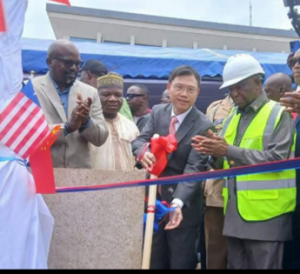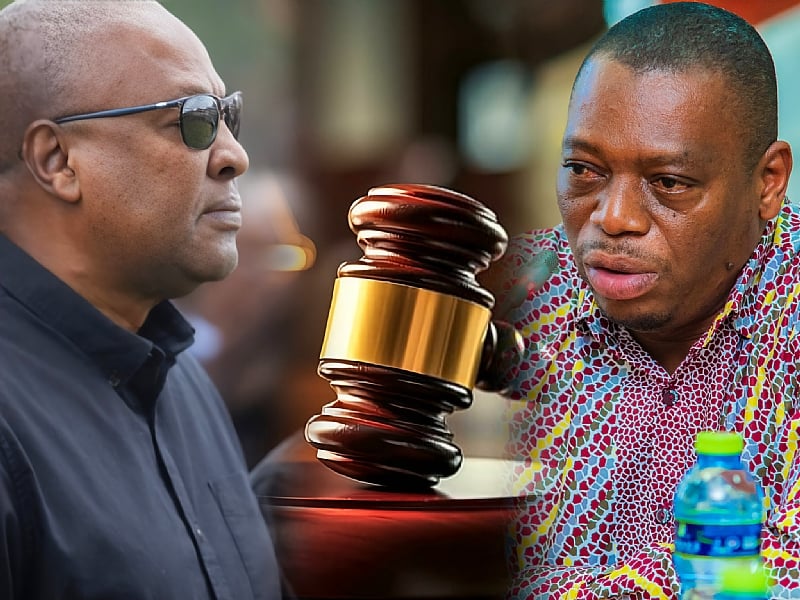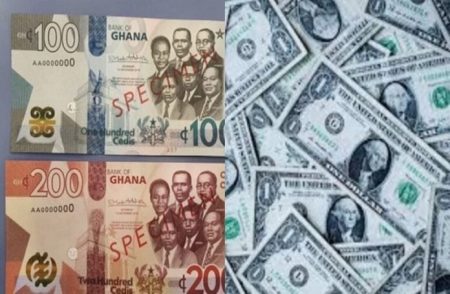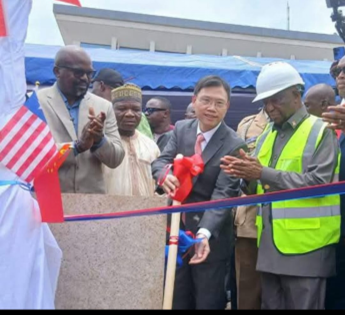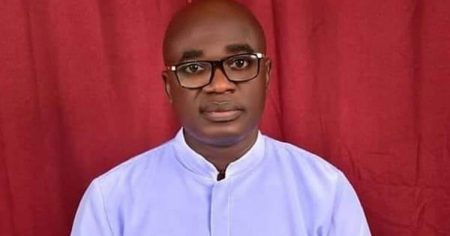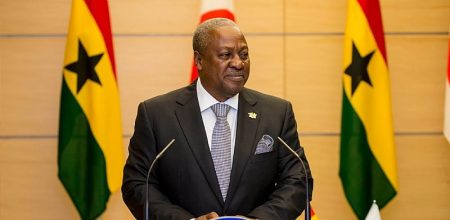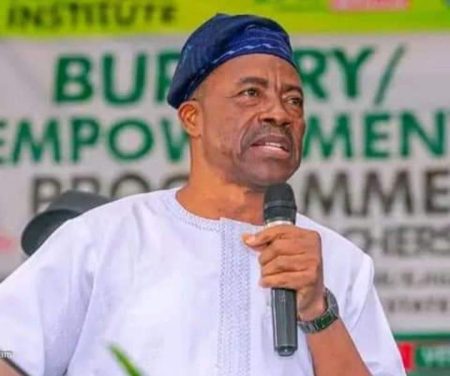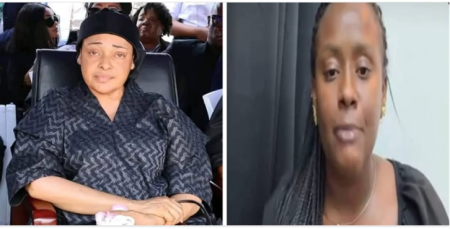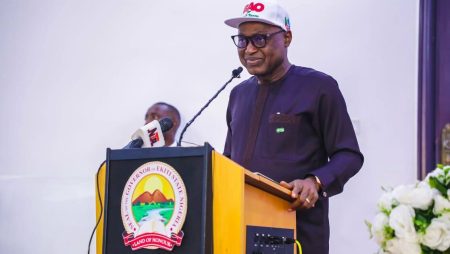The political landscape of Ghana has been dramatically reshaped by the contentious dismissal of Chief Justice Gertrude Torkornoo, a move that has ignited a firestorm of criticism and accusations of executive overreach. Professor Kingsley Nyarko, a Member of Parliament representing Kwadaso, has vehemently denounced the dismissal, characterizing it as a “judicial coup d’état” and a severe blow to Ghana’s democratic foundations. His condemnation reflects a broader sentiment among opposition figures, legal scholars, and civil society organizations who perceive the action as an assault on the independence of the judiciary and a dangerous precedent that could undermine the separation of powers, a cornerstone of democratic governance. The government’s justification for the removal, citing a judicial inquiry and constitutional provisions, has been met with skepticism and accusations of a lack of transparency and due process.
The controversy surrounding the Chief Justice’s dismissal has deepened existing political divisions within Ghana’s Parliament, with lawmakers increasingly polarized on the issue. While the government maintains its stance that the removal was constitutionally sound, opposition MPs are actively pursuing legal challenges to the decision, framing it as a critical test of the nation’s commitment to democratic principles. This parliamentary struggle underscores the gravity of the situation and the potential for a protracted legal and political battle. The escalating tensions threaten to further erode public trust in the government and raise concerns about the future of judicial independence in the country.
The removal of Chief Justice Torkornoo has not only sparked domestic outrage but has also drawn the attention of international observers, who are closely monitoring the unfolding events. The international community’s scrutiny adds another layer of complexity to the situation, potentially impacting Ghana’s international standing and its reputation as a stable democracy. The controversy has the potential to become a defining moment in Ghana’s Fourth Republic, with ramifications that could extend far beyond the immediate crisis. The government’s response to the growing criticism and the outcome of any legal challenges will be crucial in determining the long-term impact on the country’s democratic trajectory.
Professor Nyarko’s strong condemnation of the dismissal, labeling it an act of “dictatorship” and “tyranny” on the part of President John Dramani Mahama, highlights the severity of the accusations leveled against the executive branch. This rhetoric underscores the perception that the government’s actions are not merely a procedural misstep but a deliberate attempt to undermine the judiciary and consolidate power. The accusation of a “judicial coup d’état” reflects a deep-seated fear that the dismissal is part of a broader pattern of authoritarian tendencies within the government, potentially jeopardizing the future of democratic institutions in Ghana.
The government’s assertion that the dismissal was based on the recommendations of a judicial inquiry has failed to quell the criticism. Critics argue that the lack of transparency surrounding the inquiry process and the perceived absence of due process raise serious questions about the legitimacy of the decision. The concerns regarding transparency and due process are central to the opposition’s argument that the removal was politically motivated and designed to silence a critical voice within the judiciary. This perceived lack of due process undermines the government’s claim that the dismissal was constitutionally sound and further fuels accusations of an abuse of power.
The unfolding crisis surrounding the dismissal of Chief Justice Torkornoo has far-reaching implications for the future of Ghana’s democracy. The escalating tensions between the executive and judicial branches, the growing polarization within Parliament, and the increasing public outcry all point to a pivotal moment in the country’s history. The outcome of this controversy will not only determine the fate of Chief Justice Torkornoo but also set the stage for the future relationship between the different branches of government and shape the perception of Ghana’s commitment to democratic principles both domestically and internationally. The government’s response to the crisis will be crucial in restoring public trust and ensuring the long-term stability of the country’s democratic institutions.




